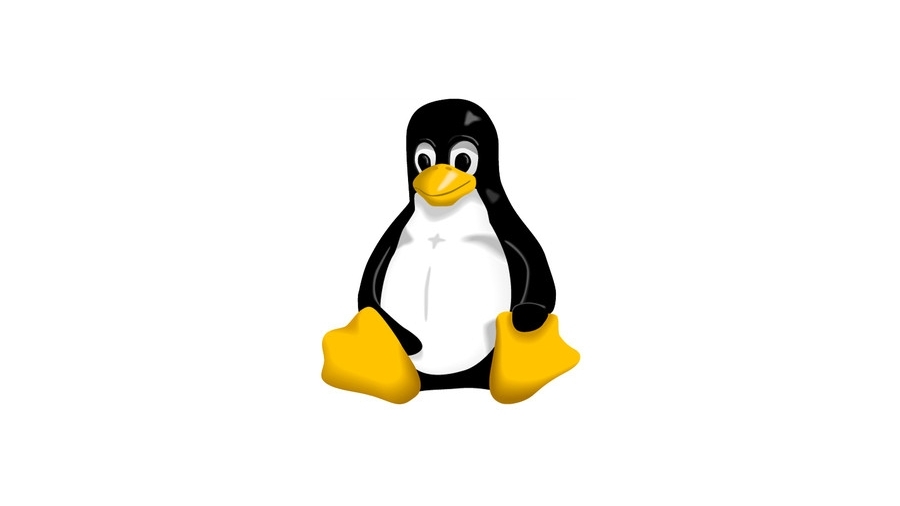Linus Torvalds is hyped about Linux 6.0 - and the next version
Users could get new hardware support in the latest kernel update

A stable version of Linux 6.0 has been released for users, bringing many new features to the table, while the merge window for Linux 6.1 is now open.
Linux core developer Linus Torvalds admitted that 6.0 "is more about me running out of fingers and toes than it is about any big fundamental changes", however, he did say that it is “one of the bigger releases at least in numbers of commits in a while”.
Torvalds was more enthusiastic about the 6.1 updates, saying that they bring some "fairly core new things" to the table.
What’s new for Linux 6.0?
The latest version brings tweaks that may improve power management and ACPi handling for x86 hardware, including Intel "Sapphire Rapids" Xeon processors and AMD's Ryzen 6000.
In addition, the update will reduce the performance hit from patching the "retbleed" speculative execution bug in some older Intel and AMD silicon.
Linux 6.0 is also set to bring additional support for open-source RISC-V technology and for Chinese-developed LoongArch microprocessor architecture.
Users will also get support for Qualcomm's Snapdragon 8xc Gen3 support and Lenovo's ThinkPad X13s Arm laptop.
Sign up to the TechRadar Pro newsletter to get all the top news, opinion, features and guidance your business needs to succeed!
What's in store for 6.1?
Linux 6.1 is set to bring initial supporting infrastructure for the Rust programming language, a type of programming language that is currently skyrocketing in popularity, tripled in 24 months to 2.2 million according to SlashData.
Users will also gain the option to disable Spectre-BHB mitigation at run-time on Arm systems, as a result of the great impact, this has on the performance of Arm servers.
Multi-Gen LRU, better known as MGLRU is also set to mainlined, which has as been billed as a superior alternative to the kernel's existing page reclamation code, which could a big win for users looking for better performance.
In addition, Linux 6.1 is also set to include preparations for Intel Meteor Lake graphics Intel Meteor Lake Thunderbolt support as well as Improved Intel GPU firmware handling.
- Interested in trying Linux out for yourself? Check out our guide to the best linux laptops
Will McCurdy has been writing about technology for over five years. He has a wide range of specialities including cybersecurity, fintech, cryptocurrencies, blockchain, cloud computing, payments, artificial intelligence, retail technology, and venture capital investment. He has previously written for AltFi, FStech, Retail Systems, and National Technology News and is an experienced podcast and webinar host, as well as an avid long-form feature writer.